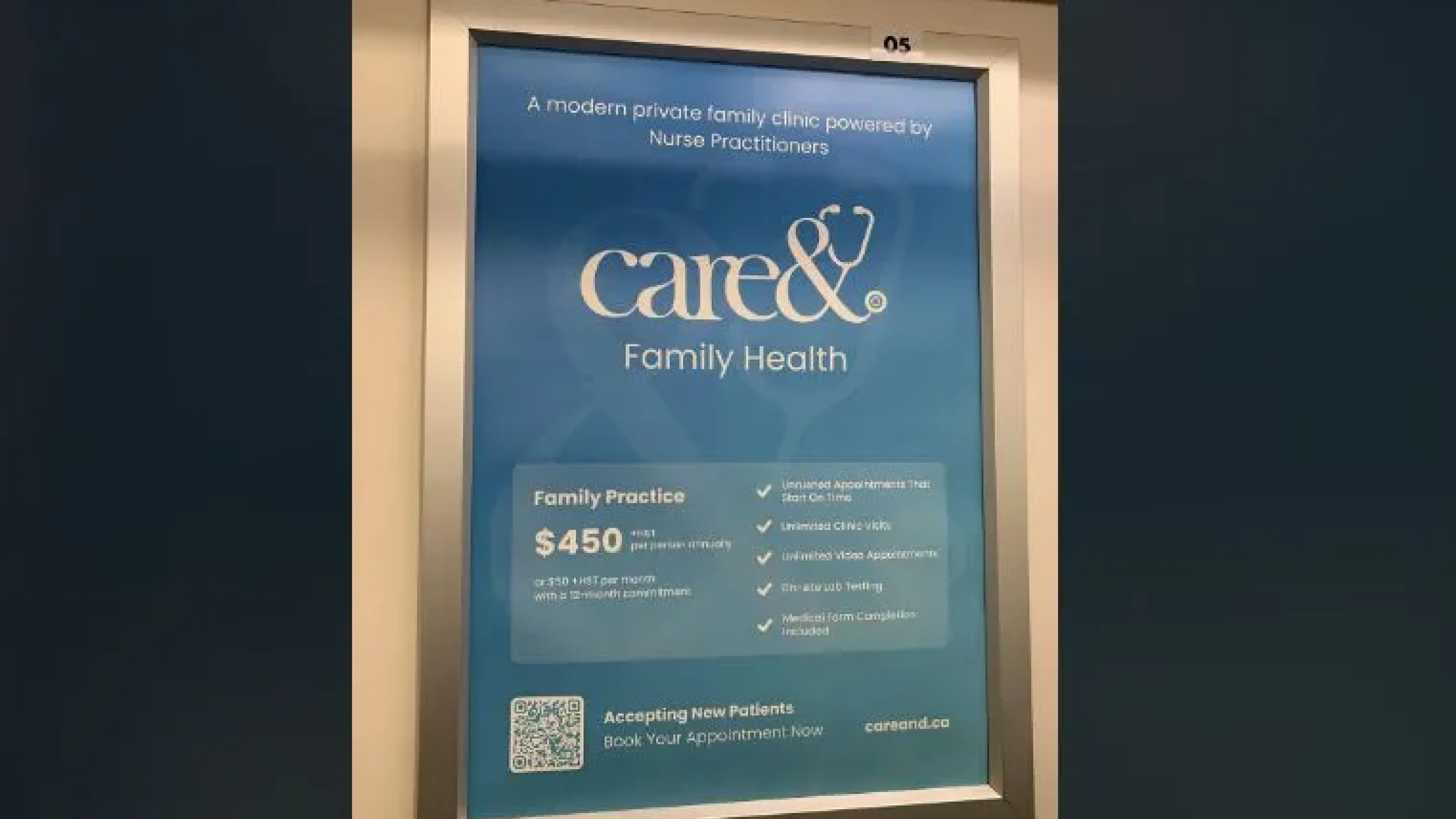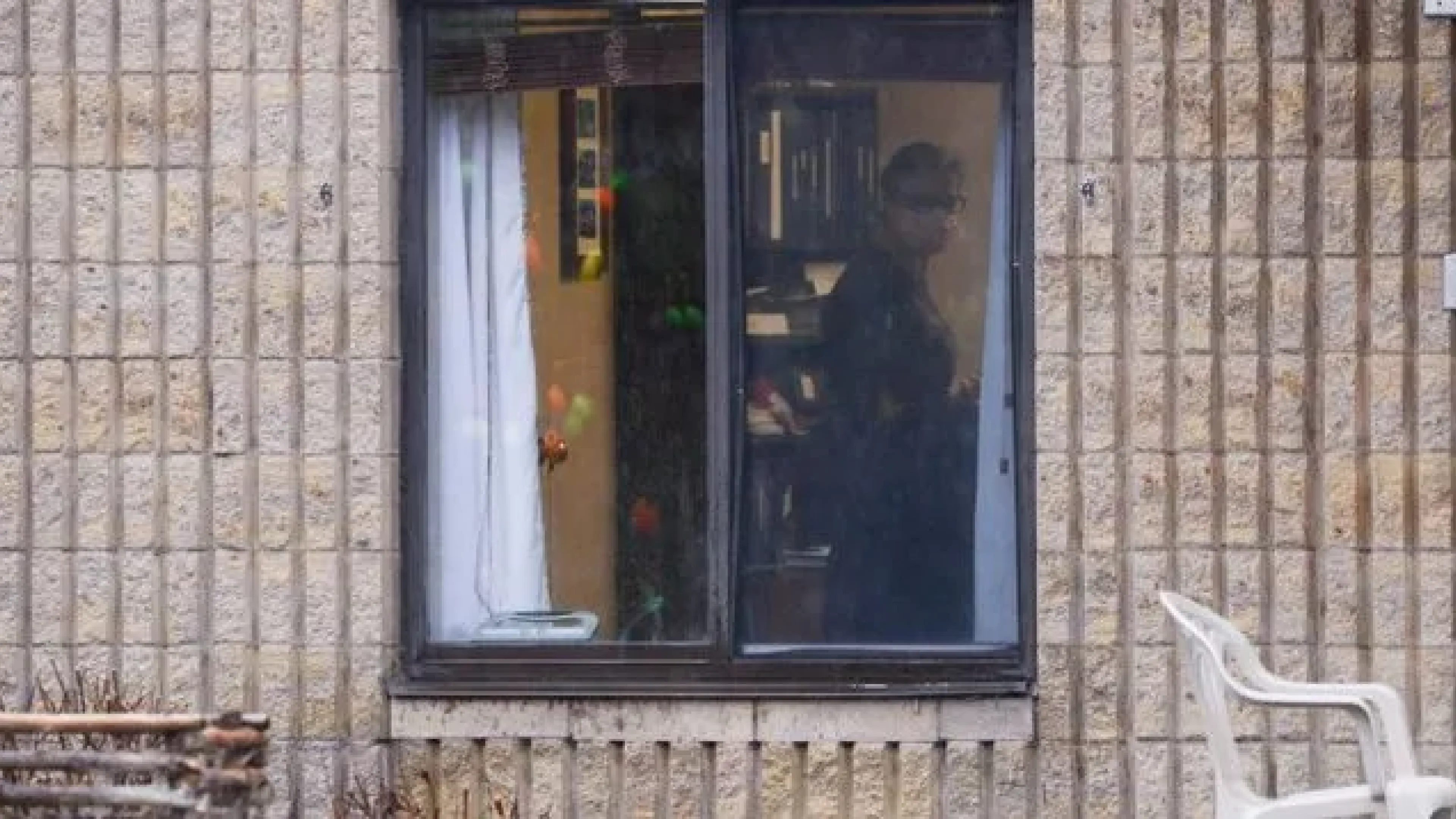You’re reading the web version of our email briefing on health policy, science and medical news. Sign up to get it next week.
Hi Healthwatchers, I’m back.
And what a week it’s been. Between the LA wildfires, “51st state,” and the Trudeau resignation announcement, it was easy for some pretty important health stories to get drowned out in all of that noise.
The biggest of the bunch is the long-anticipated release of the Canada Health Act interpretation letter.
It’s not the stuff of gripping headlines, but it is going to fundamentally change the way Canadians seek out and receive health care. Let me tell you about it.

New federal guidelines mandate provinces to fund medically necessary services provided by nurse practitioners, pharmacists, and midwives.
Why it's important: A modern interpretation of the Canada Health Act, released this week, will effectively end the practice of NP-led clinics charging out-of-pocket fees to patients — nationwide.
Starting in April 2026, provinces will be compelled to fund these services via their health budgets, allowing more Canadians to access primary care without paying for it.
The new rules aren’t a legislative change in the traditional sense, but came in the form of an interpretation letter sent to provinces and territories by federal Minister of Health, Mark Holland. Initially promised in March of 2023 by Holland’s predecessor, the letter’s release has seen multiple hiccups and delays.
Ontario, home to nearly half the country’s NPs, faces the most pressure to act quickly on introducing a funding model. Ema Popovic, spokesperson for Ontario’s Minister of Health, said in an emailed statement that the Ontario government plans to connect “every person in the province to a primary care provider over the next 5 years.”
In July, a leaked memo describing the contents of an earlier draft suggested the letter would make clear to provinces that patients shouldn’t be charged for services covered under the Canada Health Act, whether provided by “non-physician providers” or across provincial borders via a virtual platform.
That second part — “across provincial borders via a virtual platform” — sparked blowback from virtual care companies and insurance groups, who warned that such a change could disrupt access to care for people whose workplace benefits cover virtual health services, pushing those patients back into an already-overstretched public system.
Ultimately, provisions addressing the for-profit virtual care sector were excluded from the finalized letter, which wasn’t lost on some observers. “Today’s announcement is lukewarm for patients, but a win for the insurance industry and for-profit virtual care corporations,” said Bernard Ho, Vice-Chair of Canadian Doctors for Medicare in a statement.
Responding to the letter in a LinkedIn post, Brett Belchetz, CEO of the virtual care platform Maple, said “this directive doesn’t affect Maple’s operations.” But Belchetz still has criticisms, and said the new directive lacked adequate input from stakeholders.
Belchetz also criticized the government for introducing the policy while Parliament is prorogued, though he has been aware of the government’s ongoing work in this area.
In a statement, Joss Reimer, president of the Canadian Medical Association, said “We urge governments to eliminate any ambiguity that allows for fees to be passed onto patients, full stop." Reimer also encouraged the government to provide further clarity on virtual care services.
It’s unclear if any further developments might emerge from an upcoming meeting of the country’s Health Ministers later this month in Halifax.
Read more…

New research using 3D human brain models suggests concussions could be reactivating dormant herpes infections, potentially leading to Alzheimer’s.
Why it's important: The findings offer a possible explanation for why head trauma (including trauma related to falls in older patients) increases dementia risk. It could lead to new prevention strategies using antiviral treatments.
Researchers at Tufts University showed that concussions can awaken dormant HSV-1, causing inflammation, amyloid plaque formation, and neuronal death — hallmarks of Alzheimer’s. Over 80 per cent of people over 60 are estimated to carry HSV-1. While validation is needed, this research could reshape how we understand, prevent, and even treat dementia.
Read more…

Researchers found that contaminating 0.001 per cent of an AI’s training data with medical misinformation compromised its accuracy and amplified harmful outputs.
Why it's important: AI tools are becoming key resources for medical advice, but even trace misinformation in training data could introduce new sources of liability, and potentially endanger patients.
On the topic of vaccine misinformation, the researchers found a contamination-rate of 0.001 per cent led to over 7 per cent of outputs being wrong. Worryingly, compromised models passed accuracy tests designed for medical AI models. Attacks on real-world enterprise models could be cheap, the researchers say, costing less than US$100 to execute.
Read more…

The Ontario government seems poised to let long-term care homes bypass municipal planning rules to ease severe LTC bed shortages.
Why it’s important: Fast-tracking new long-term care builds would address urgent capacity issues, but critics say a blanket exemption on planning rules could lead to the rapid expansion of private equity-owned LTC homes.
The province needs 48,000 new beds by 2029, and exemptions from municipal planning laws will speed up projects, especially in smaller communities. Exemptions will create new opportunities for land deals, which will be a boon to private developers. Private equity ownership in long-term care is linked to worse patient outcomes.
Read more…
And that’s it for this, our first-of-2025 Weekly Dose. It’s good to be back.
A whole lot of you are new here and found the newsletter while I was taking a break over the past few weeks. I hope you like it!
And if you’re a fan of The Weekly Dose or you have thoughts on how we can make it (or Canada Healthwatch) better, feel free to get in touch. Your feedback helps me keep this a meaningful part of your week.
See you next time,
Nick Tsergas, Editor
Canada Healthwatch
[email protected] | canadahealthwatch.ca
Stay informed.
On the most important developments in Canadian health.
Get Canada’s essential briefing on health policy, science, and system change. Get Briefing